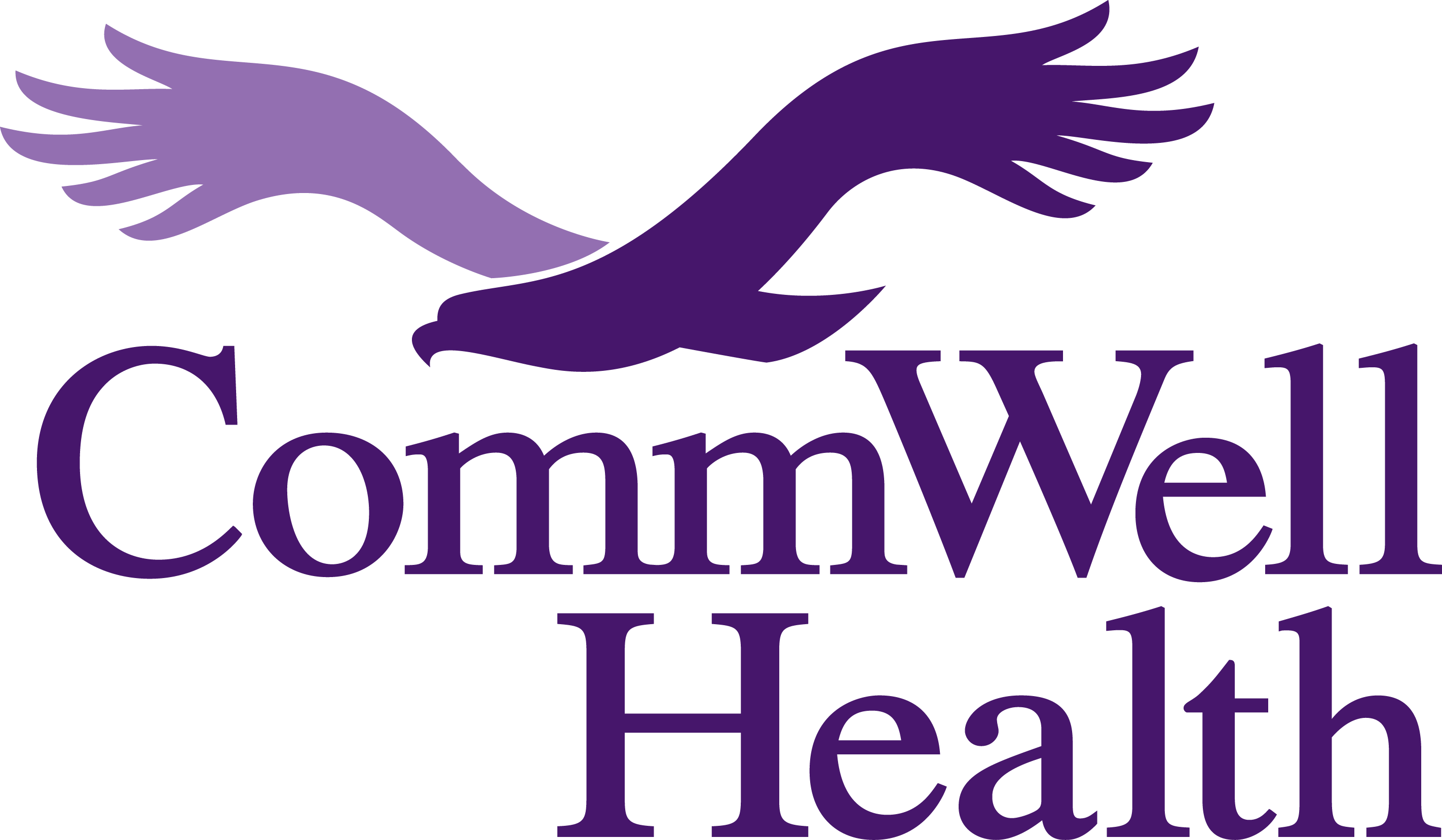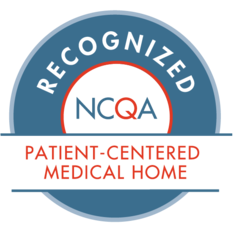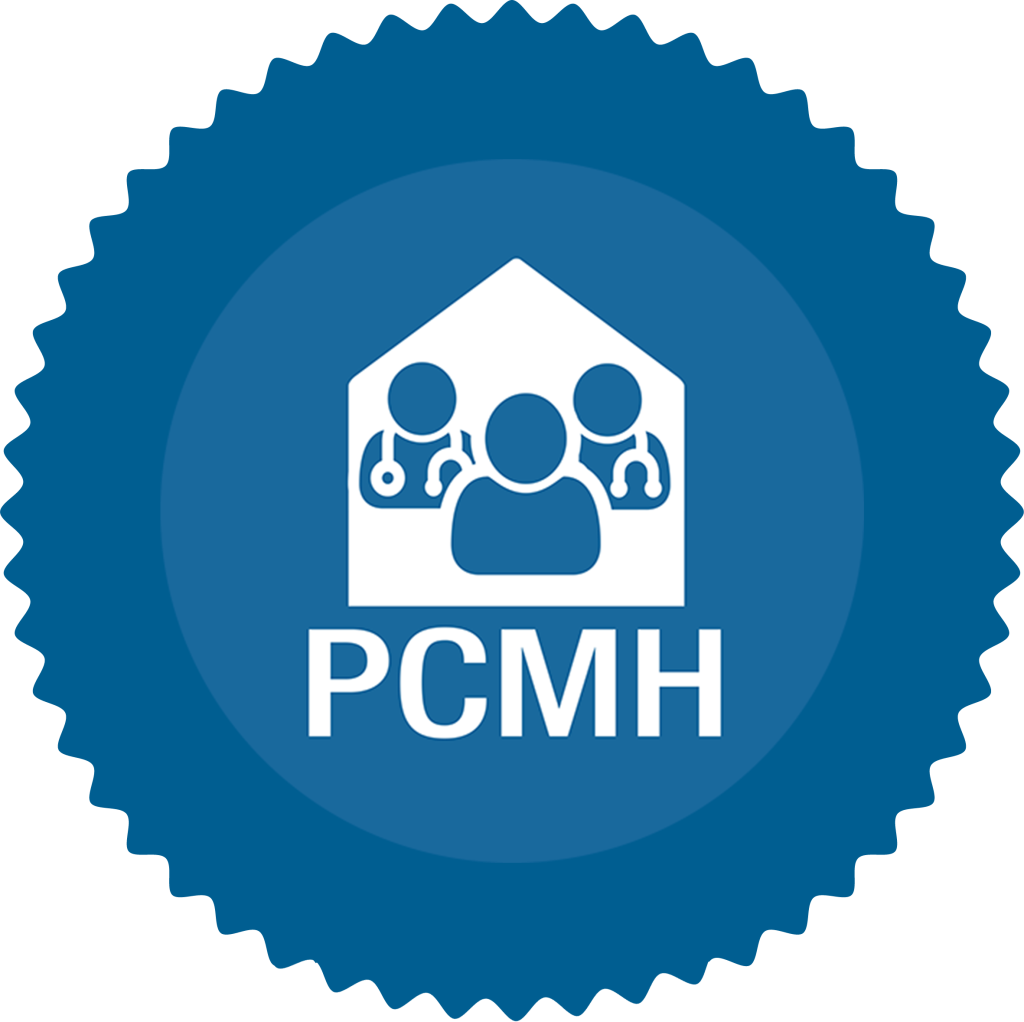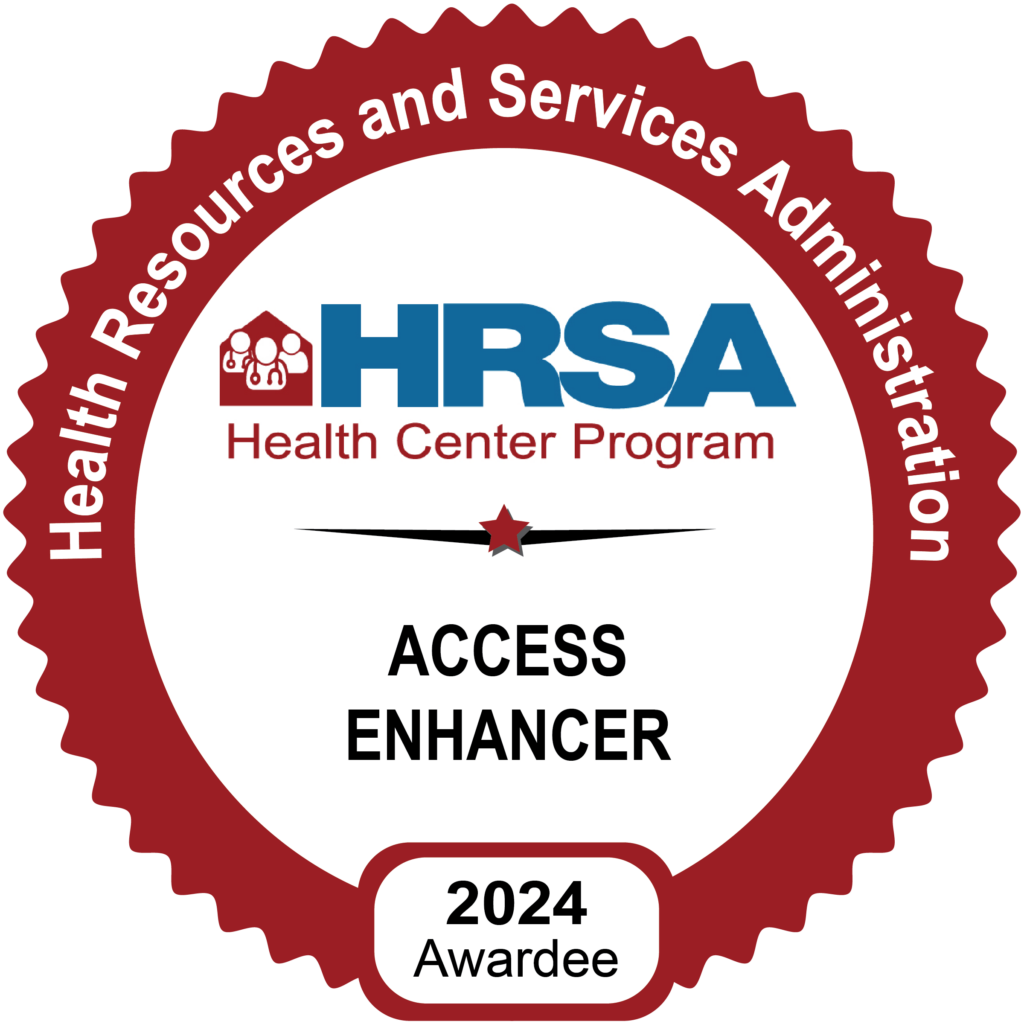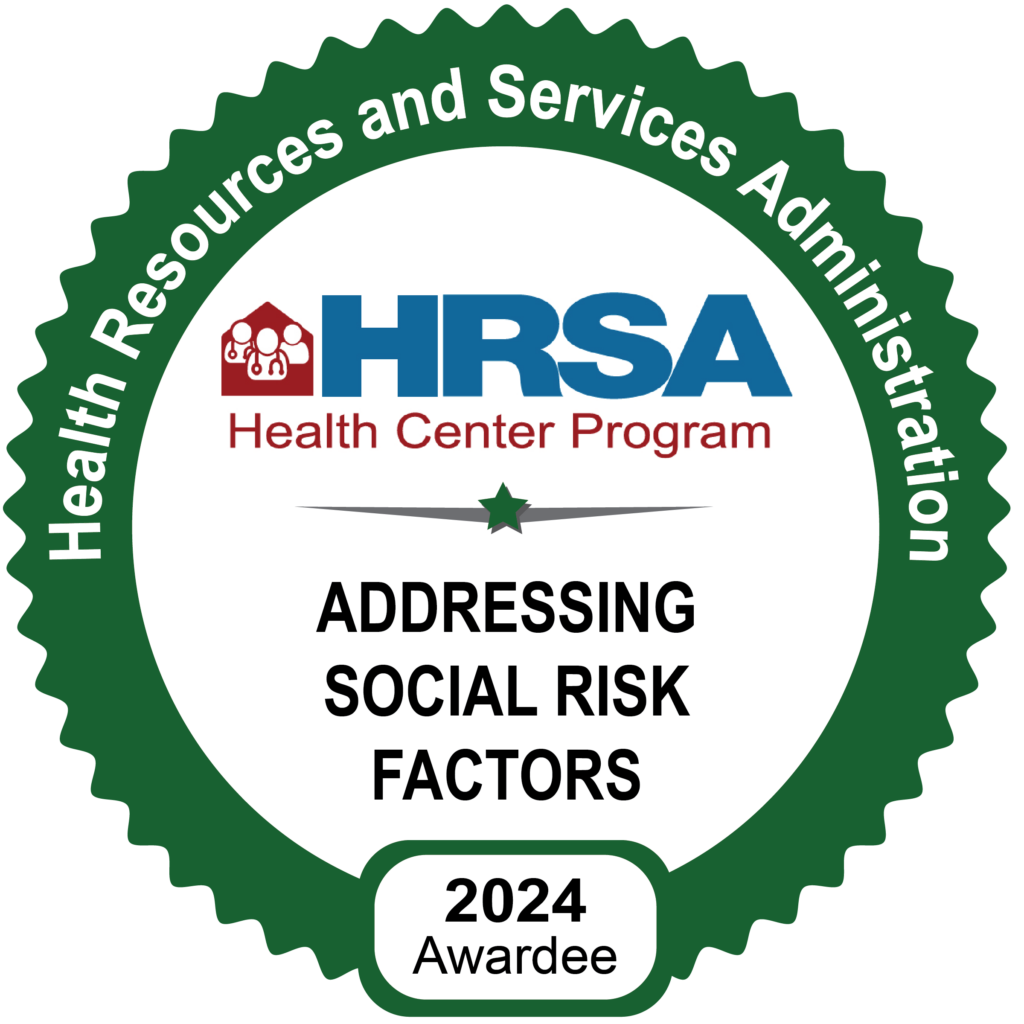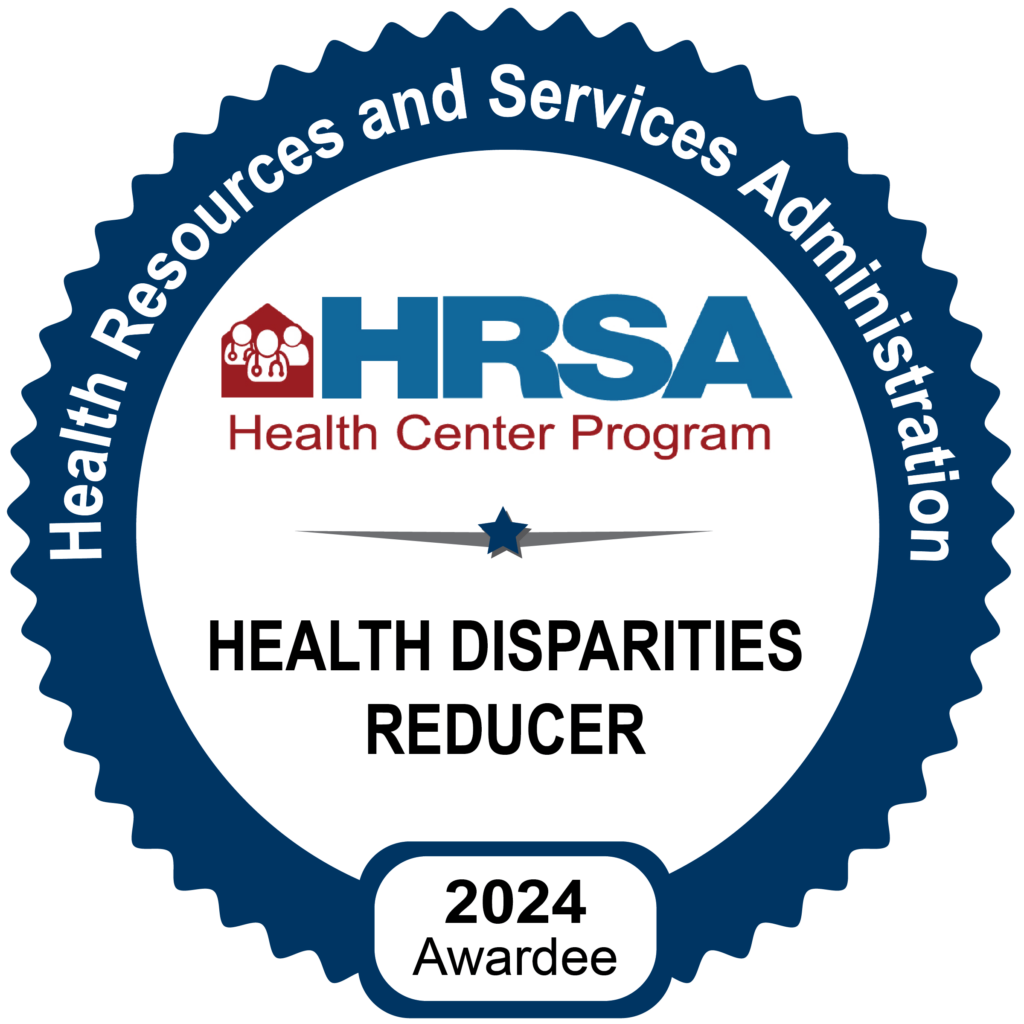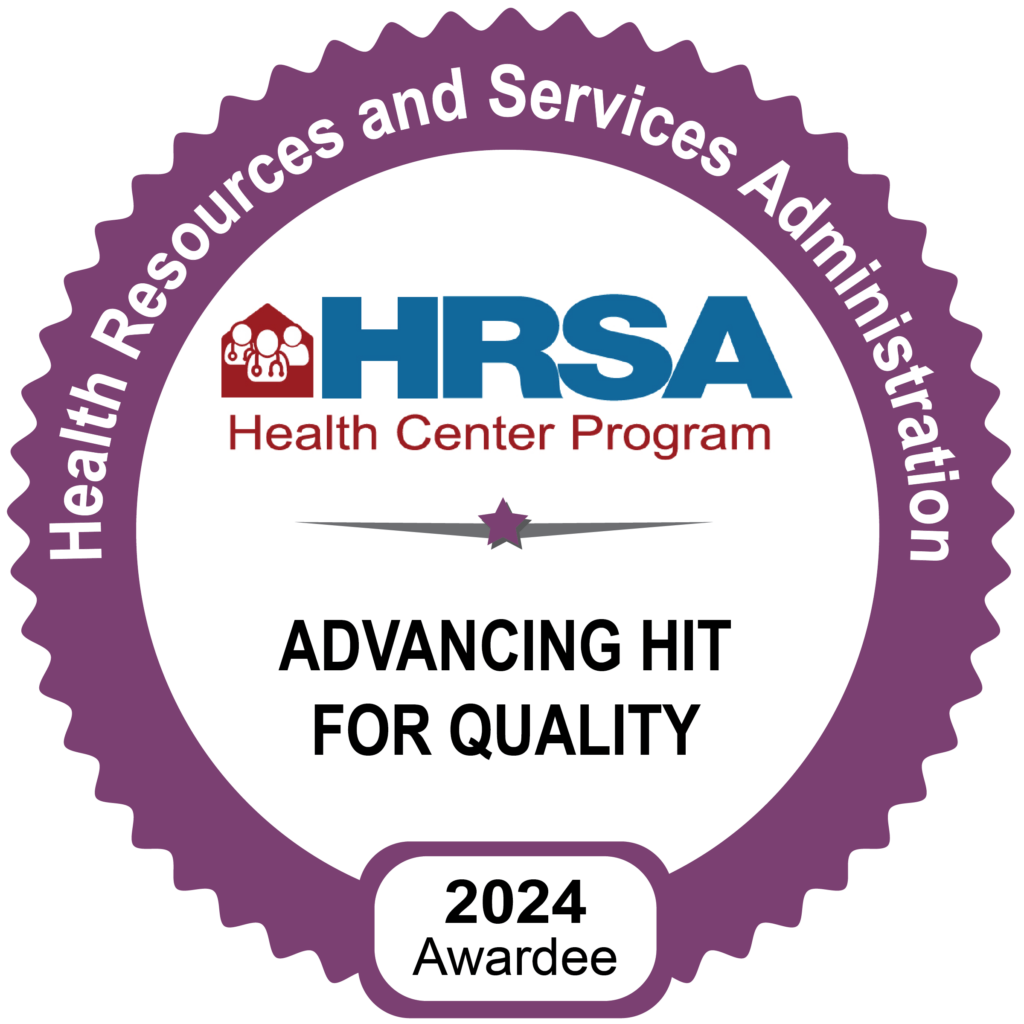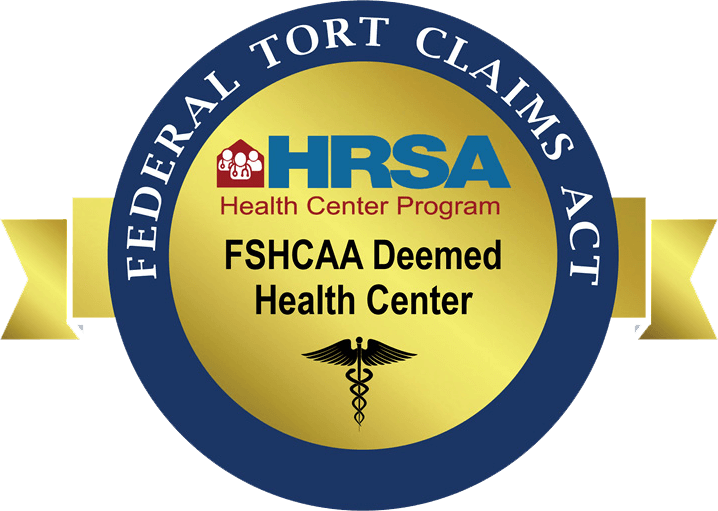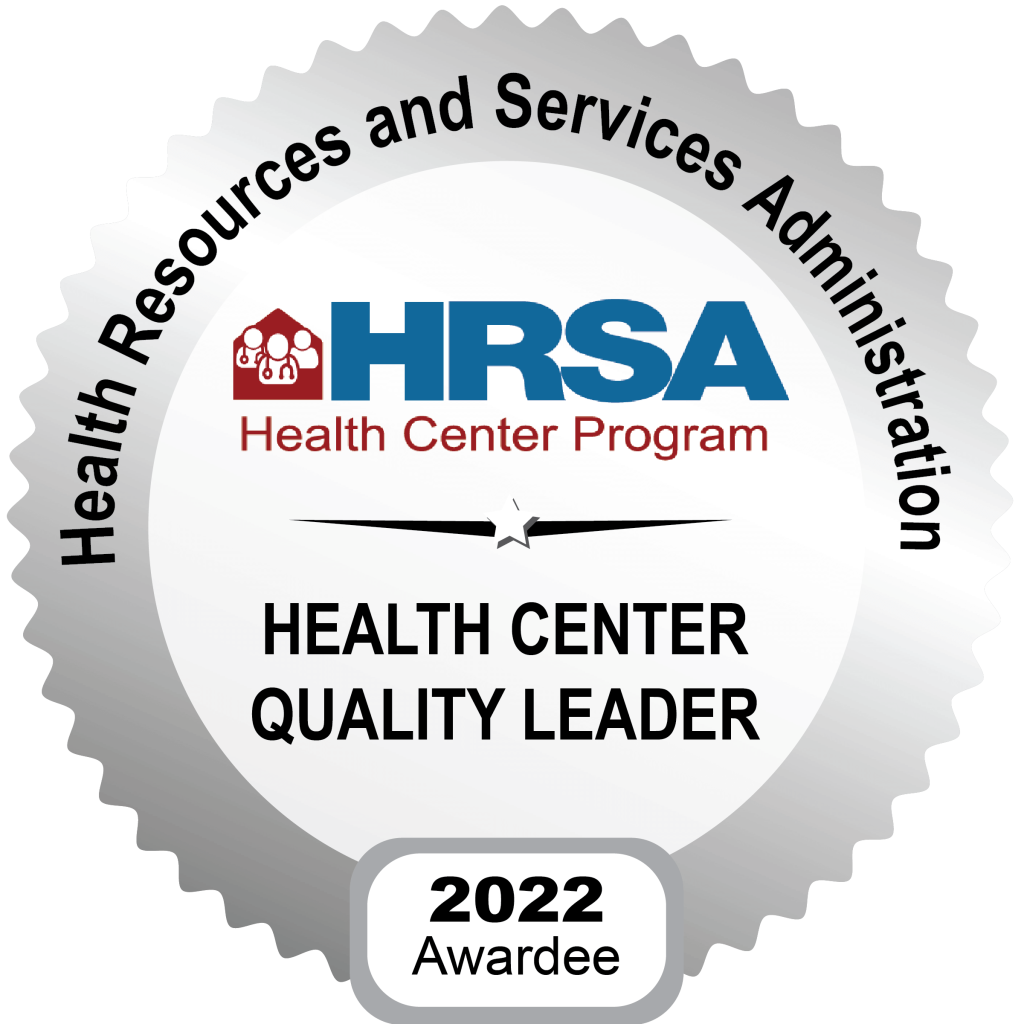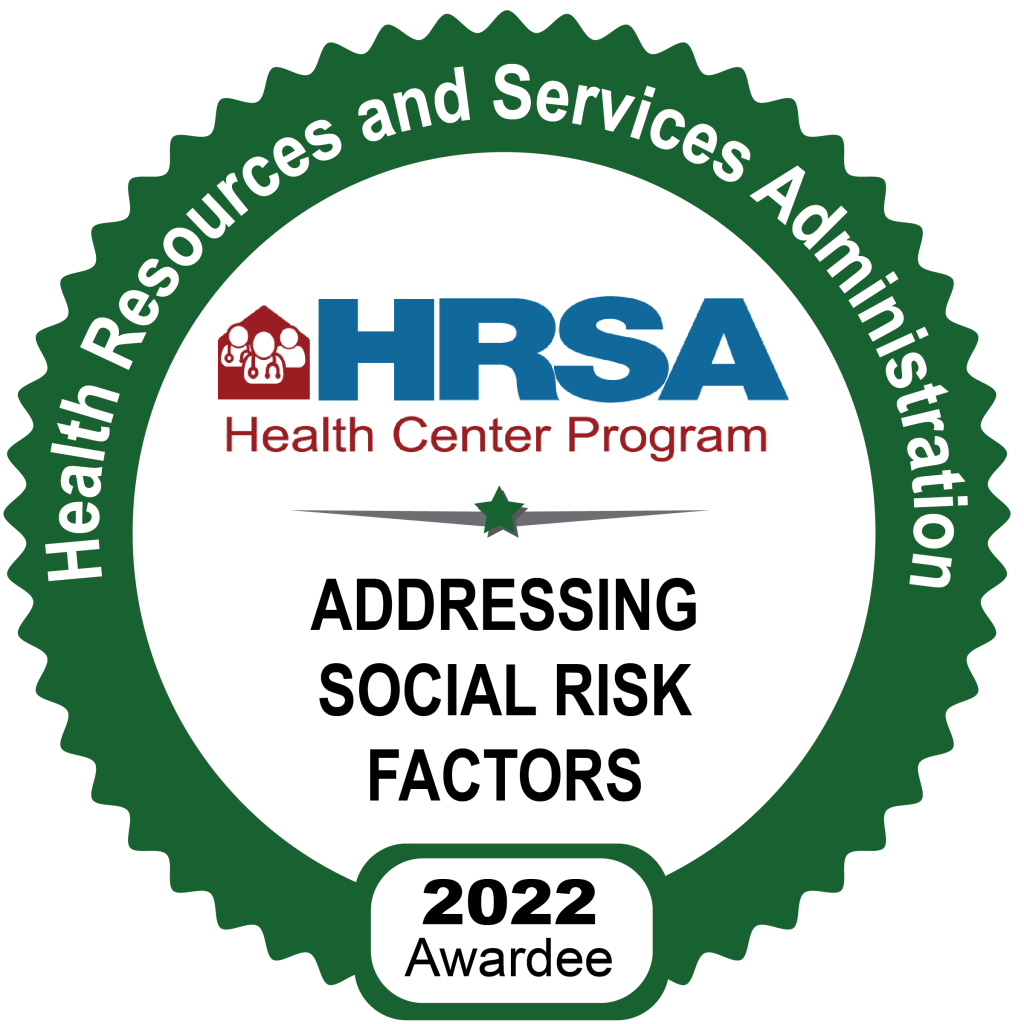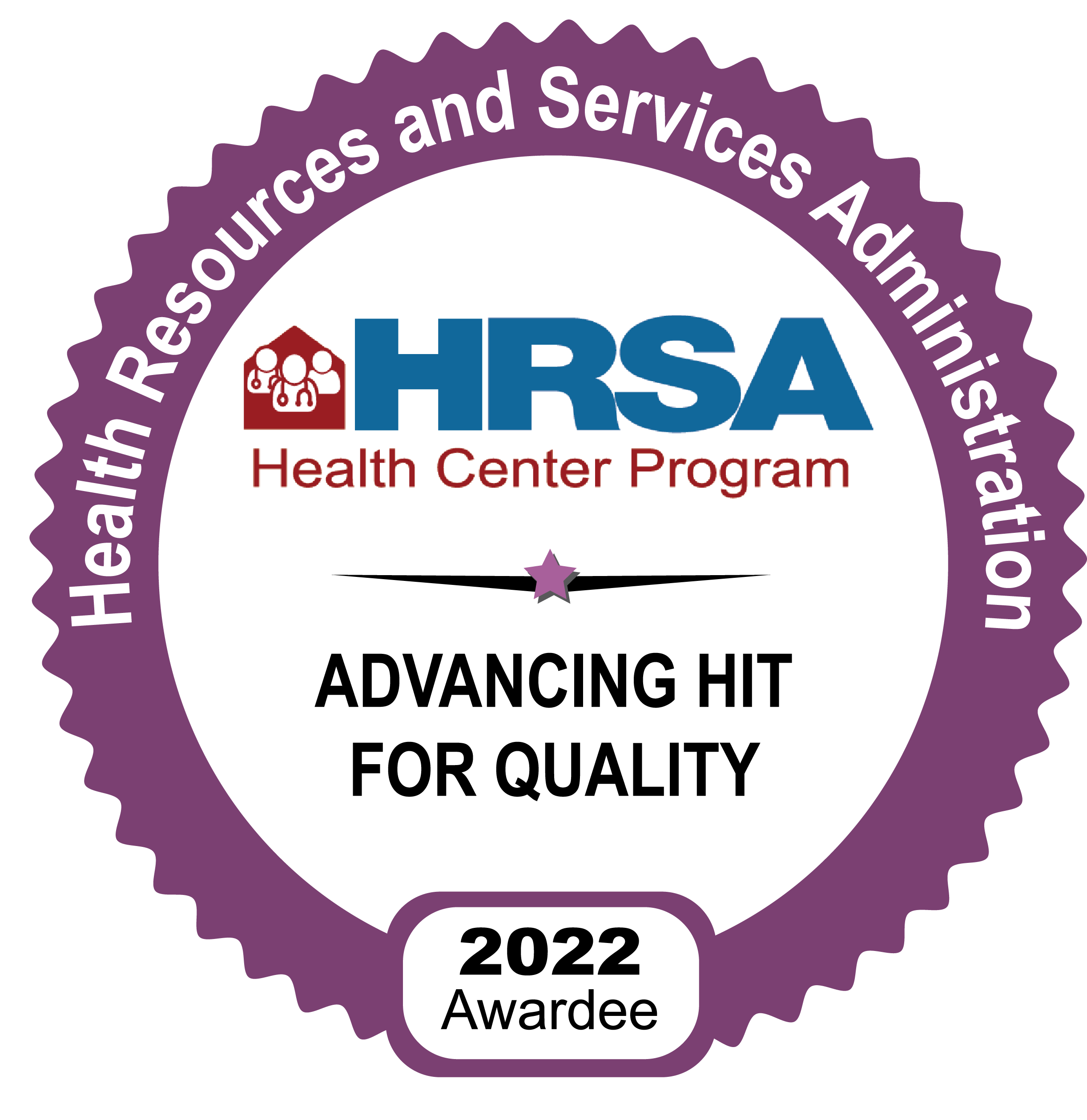Knowing what to buy and how much can help you be better prepared during a pandemic.
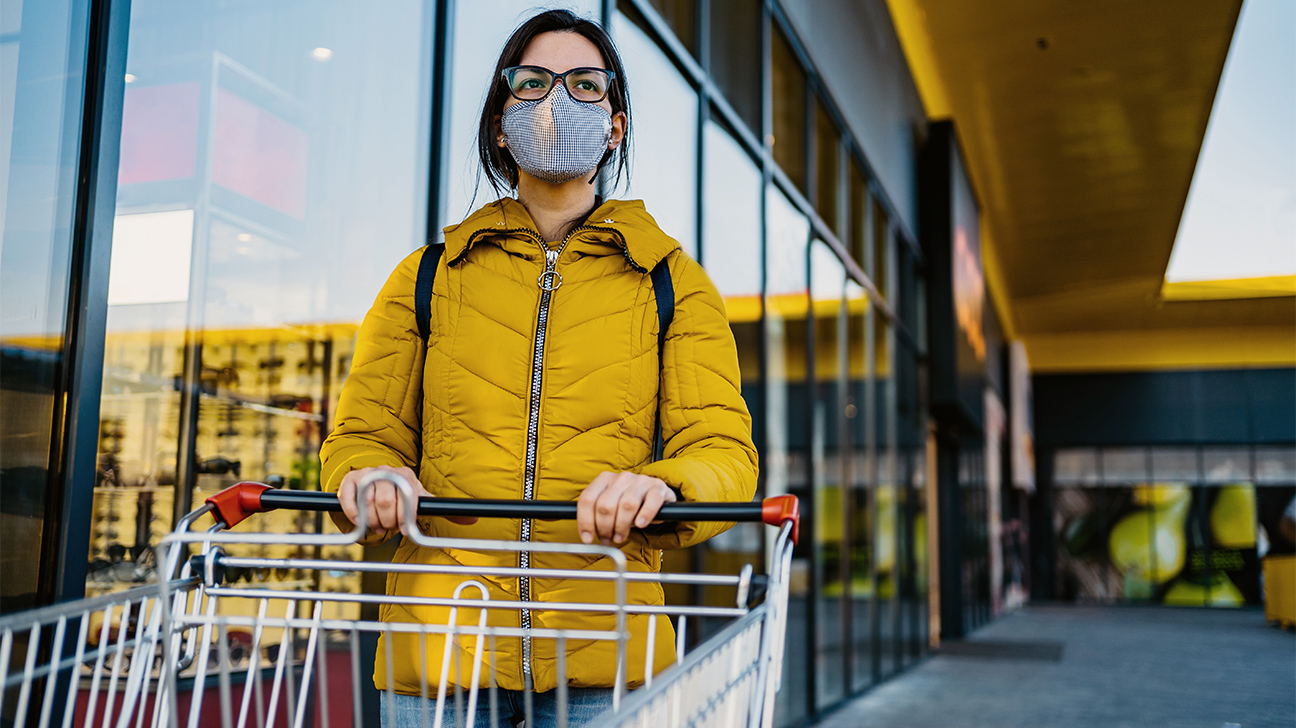
- Of course, the best time to shop for a pandemic is before it begins. But there are many things you can do during a pandemic to prepare yourself.
- Having nonperishable foods and water on hand will prepare you for any sort of natural disaster, including a pandemic.
- Don’t forget nonfood items, like medications and paper products.
- It’s not necessary to hoard during a pandemic.
- Practicing social distancing and keeping your hands clean will help keep you safe while you’re out shopping.
The CDC recommends that all people wear cloth face masks in public places where it’s difficult to maintain a 6-foot distance from others. This will help slow the spread of the virus from people without symptoms or people who do not know they have contracted the virus. Cloth face masks should be worn while continuing to practice social distancing.
Instructions for making masks at home can be found here. Note: It’s critical to reserve surgical masks and N95 respirators for healthcare workers.
The best time to shop for a pandemic is, of course, before the pandemic begins.
This will help you avoid the shortages that often go along with periods of panic-buying.
In addition, it will give you the peace of mind that you’re ready for any unexpected emergencies that may occur, such as earthquakes, floods, or other natural disasters.
However, even if you haven’t prepared ahead of time, there are still many things you can do to safely and effectively shop during an outbreak of disease.
As a starting point in preparedness, the Department of Homeland Security suggests keeping on hand at least 3 days’ worth of nonperishable food and water in the event of a natural disaster.
The department suggests 1 gallon of water per person per day for at least 3 days for drinking and sanitation purposes.
To prepare for a pandemic, however, you’ll want to have on hand enough food to last during any potential period of self-isolation or quarantine.
In the case of COVID-19, this would be 2 weeks.
However, it’s not necessary to store excessive amounts of food or water.
According to Aline M. Holmes, DNP, RN, clinical associate professor at Rutgers University School of Nursing, the best foods to include in your storage are those that are nonperishable.
This includes canned fruits and vegetables (low sodium and low sugar varieties are best), pasta, dried beans, rice, protein or granola bars, cereal, peanut butter, jelly, dried fruit, canned juices, and nonperishable milk.
In the event of a pandemic, when essential services like grocery locations, electricity, and water go on uninterrupted, you also have the option to stock up on frozen foods, including meat, vegetables, fruits, and ready meals. In addition, items like bread can be frozen to make them last longer.
She also suggests keeping in mind foods for children, high energy foods, and comfort foods.
You can then limit your grocery store visits to perishable items like milk, eggs, and fresh fruits and vegetables.
Holmes also suggests people are more vulnerable to infection, such as older adults and those with preexisting health conditions, use grocery delivery services, such as Peapod, Amazon Fresh, and even from local locations.
Many delivery services are now implementing special procedures so your order can be left at your door without you having to interact with anyone.
In addition to food and water, it’s important to keep in mind the many other items we generally buy at our local grocery store.
These basic supplies may become temporarily depleted during a pandemic due to panic-buying.
Having them on hand at all times will help you be prepared for any sort of emergency, including a pandemic.
Consider the needs of your own family during your planning, but items you may potentially want to include are:
- paper products, such as toilet paper, paper towels, and facial tissue
- menstrual products
- diapers and baby wipes
- baby formula
- over-the-counter medications and medical supplies, such as pain relievers, cough and cold meds, electrolyte drinks, and thermometers
- prescription medications
- cleaning supplies
- disinfectants
- pet foods and medications
It’s not necessary or advisable to hoard large amounts of food or water, according to Holmes.
She explains you may buy items that will expire or never use if you overbuy.
“More importantly, in times of crisis, we need to look out for all members of our communities, not just our family,” she said.
Hoarding can have a negative impact on older adults and those with disabilities who may have a more difficult time purchasing needed supplies.
Further, according to Brian Labus, PhD, MPH, an assistant professor at the University of Nevada, Las Vegas School of Public Health, it’s important to note that during a pandemic the food and water supply will remain intact. There’s no reason to stockpile supplies.
“Protecting yourself is all about maintaining distance from other people,” Labus said.
The goal, he says, is to keep at least 6 feet between you and others.
Labus suggests that, while it may be difficult at times to do, we should wait patiently and “be deliberate” in our actions.
Handwashing is also important, he adds.
Holmes suggests that if you have a mask, use it to cover your mouth and nose.
If you don’t, she says the Centers for Disease Control and Prevention (CDC) says you can use fabric or a scarf instead.
The purpose for covering your mouth and nose is to avoid inhaling virus-containing droplets that are released into the air when someone coughs or sneezes.
She further recommends using hand sanitizer when you leave the store.
When you first arrive home, and again after you have put your groceries away, wash your hands for a full 20 seconds as well.
If you do choose to clean your foods, Labus says to be careful to not use a chemical that could potentially make you sick.
You’ll also want to use normal food safety procedures. For example, refrigerate perishable foods as soon as you get home.
While social distancing is extremely important in containing the growth of a pandemic, it’s also important to keep in mind that many small, local businesses may be struggling to stay afloat.
Consider shopping at these businesses whenever you can.
Not only will it help them weather the natural slowdown in business that occurs during a pandemic, but it will also help you.
Smaller businesses tend to have smaller numbers of customers, which will make it easier for you to maintain your distance from other people.
In addition, it may be easier to obtain scarce items at smaller businesses that tend to be overlooked at larger chain locations.
The bottom line
Remember that grocery locations are still open for business. It’s not necessary to hoard food, water, or supplies.
Keep in mind the more vulnerable members of your community. Buy only what you need so there’s enough for all.
To remain safe while shopping, follow the recommended guidelines for washing your hands, using hand sanitizer, and keeping your distance from other people.
Also consider supporting small, local businesses that may be struggling during the downturn in the economy. This will help them and you as well.
source: www.healthline.com
